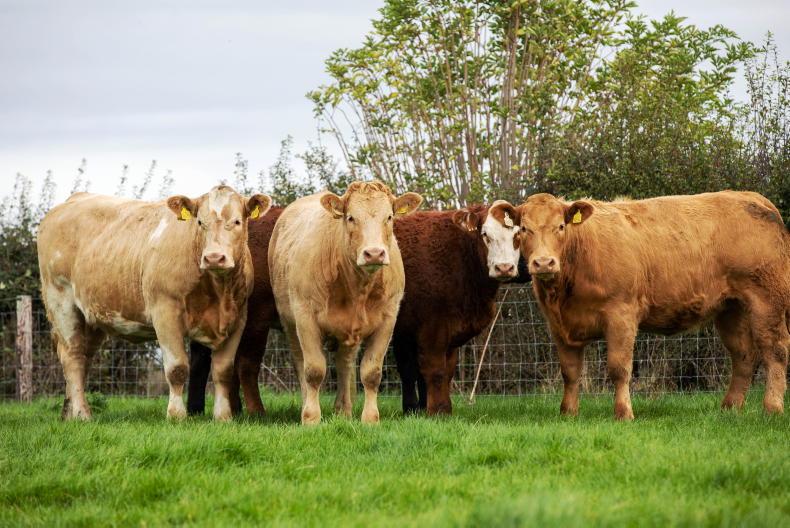The trade association representing meat factories has published a plan to grow the industry by 80,000t and €500m increased export sales.
Meat Industry Ireland (MII) launched the development plan intended to accommodate the extra beef coming from dairy herd expansion in coming years. This follows on the sheep industry development plan which was launched earlier this year. It envisages the industry handling up to 250,000 extra cattle, producing 80,000t of beef and generating an extra €500m of export sales. MII foresees additional investment in processing to the value of €150m, creating up to 3,000 additional jobs.
Role of beef processing in Ireland
Any plan produced by a sectoral interest typically uses the opportunity to promote its contribution to Irish society and MII is no different. It focuses on investment by its members at 35 locations, often off the beaten path well away from where foreign direct investment is usually found.
Brexit
The vote by the UK to leave the EU is the overriding threat to the beef industry in Ireland above all others given that over half our beef sales go to the UK where more Irish beef is consumed than in Ireland. MII is calling on Government to make an additional €25m available for marketing and market development and access to funding from the Strategic Investment Fund. They also want the Employment Subsidy scheme which was in place between 2009-2011 reintroduced and an examination of the cost of doing business by the DEJI focusing on labour, energy and insurance costs.
Producer profitability
This is the section that farmers will be most interested in but it doesn’t suggest that the market will produce the silver bullet that delivers profitability. Rather the report focuses on the market as being one element of farmer profitability along with market price, farm productivity and efficiency plus CAP supports.
While the report recognises the importance of producer profitability, the recommendations in this section concentrate on support for farmers to drive on-farm efficiencies through embracing and expanding the BDGP as well as the Knowledge Transfer programme through the Rural Development Programme. MII is also looking for TAMS to support investment in infrastructure as a means of delivering farm improvements and contributing to greater farm-level efficiency. Clean livestock production is identified as a priority, as is a sustainable funding model for Animal Health Ireland.
Market development
Of greatest concern to farmers will be the ability of factories to handle a potential 250,000 extra cattle annually when an extra few thousand in a week can cause a substantial price drop. MII has identified recovery in EU consumption, which fell 800,000t during the recession between 2008-2015 and a parallel reduction in EU production of 300,000t. It is also optimistic about new international markets, particularly China when it eventually comes on board and the growing and increasingly affluent global population presents opportunities for beef proteins, particularly if well marketed, according to the report.
The report commits to working with Bord Bia to maximise the value of the Irish beef brand and promote the strengths that support it in Origin Green and Quality Assurance. It is calling for additional investment by Government to fund a promotional and marketing campaign.
The report draws attention to the investment that has taken place and identifies the need for a further €150m of spend to keep Irish meat processing competitive. The cost of doing business in Ireland is also flagged.
Comment
A successful meat processing industry is an essential requirement of profitable beef production. Irish factories have delivered an increase in value of Irish beef relative to the rest of the EU over the past decade. This report is a roadmap on how they will accommodate extra production in coming years and is welcome. It could have done more to explore how the processing industry could increase value returned to farmers and the market was given little attention within the farmer profitability section. It also isn’t clear on how we might achieve better returns in the UK market beyond increased investment in marketing and promotion. The meat processing industry now needs to work with its farmer suppliers to get buy-in for delivery of the beef section of Food Wise 2025, and give farmers the confidence that the market will properly value their efforts in producing the high quality product that they do.










SHARING OPTIONS